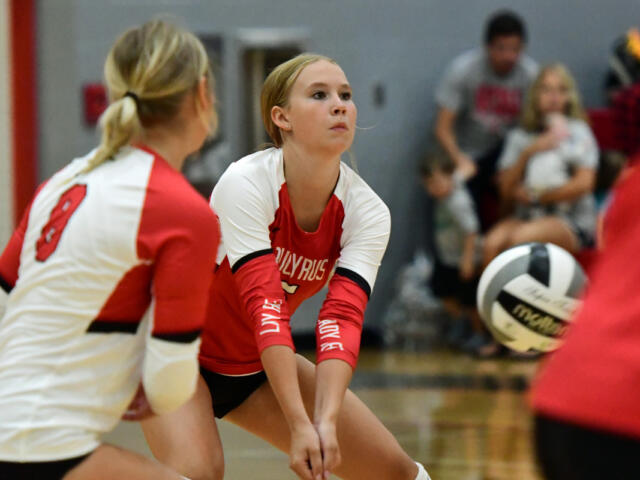
Sports have been an integral part of human culture and society since time immemorial. From ancient civilizations to the modern era, sports have evolved significantly, reflecting changes in societal values, technological advancements, and the human desire for competition and physical prowess. This journey through time highlights the transformation of sports from rudimentary activities to the highly organized and globally celebrated events we witness today.
Ancient Beginnings: Early Forms of Athleticism
The roots of sports can be traced back to ancient civilizations such as the Greeks, Romans, Egyptians, and Chinese. In these early societies, physical prowess was highly regarded, often as a demonstration of strength, courage, and honor. The Greeks, for instance, introduced the Olympic Games in 776 BCE, showcasing a variety of athletic disciplines like running, jumping, discus throwing, and chariot races. These games served as a platform for camaraderie and cultural exchange among city-states.
Medieval Contests: Challenges and Entertainment
During the Middle Ages, sports continued to evolve as societies shifted towards feudal systems. Combat sports gained prominence, with knights engaging in jousting tournaments and wrestling matches. These events showcased not only physical skill but also chivalry and honor. Archery contests were also popular, playing a crucial role in military training and defense.
Renaissance and Enlightenment: Shaping Modern Sports
The Renaissance marked a period of intellectual and artistic revival, influencing various aspects of society, including sports. It was during this time that rules and regulations for sports started to take shape, laying the groundwork for more organized competitions. In the 19th century, the Industrial Revolution brought about urbanization and increased leisure time, leading to the creation of modern sports clubs and organizations. This era witnessed the codification of rules for sports like soccer, cricket, and baseball, establishing a more standardized and structured approach to games.
The Birth of Modern Olympics and Professionalism
The late 19th and early 20th centuries saw the revival of the ancient Olympic Games, thanks to the efforts of Pierre de Coubertin. The first modern Olympics took place in Athens in 1896, with athletes from various nations participating in a wide range of sports. This event marked the beginning of international sports competitions and showcased the unifying power of sports on a global scale.
Simultaneously, the concept of professionalism emerged, challenging the traditional notion of amateurism. Athletes started to receive financial compensation for their participation, which led to increased specialization and higher levels of competition. This shift paved the way for the development of sports leagues and the rise of iconic athletes who captured the world’s imagination.
Technology and Globalization: Transforming Sports
The 20th century witnessed remarkable advancements in technology, which significantly impacted the world of sports. Innovations like the use of electronic timing devices, video replay systems, and performance-enhancing equipment revolutionized the way sports were played and experienced. Television and later the internet brought sports into the homes of millions, transforming athletes into global celebrities and generating unprecedented revenue for sports organizations.
Furthermore, the concept of sportsmanship evolved beyond just winning or losing. Fair play, ethics, and inclusivity became central themes in modern sports, fostering a sense of unity and respect among athletes and fans alike. Issues such as gender equality, diversity, and doping prevention gained prominence, reflecting broader societal changes and concerns.

The 21st Century and Beyond: New Horizons
As we move further into the 21st century, the evolution of sports continues to unfold. Esports, a form of competitive video gaming, has emerged as a global phenomenon, blurring the lines between physical and virtual athleticism. Moreover, the quest for sustainability and environmentally friendly practices has prompted sports organizations to adopt greener initiatives in their operations.
Sports science and data analytics have also transformed training methods, helping athletes enhance their performance through personalized insights. Furthermore, the ongoing exploration of outer space has sparked discussions about the potential for sports beyond Earth, raising intriguing possibilities for the future. For more information, visit Vents Magazine, where they discuss various subjects such as sports.
Conclusion
The evolution of sports from ancient times to the modern day is a testament to the indomitable human spirit and our unceasing desire for growth, competition, and camaraderie. The journey through history reveals how sports have adapted, transformed, and integrated with cultural, technological, and social changes. From early forms of athleticism to the grand spectacles of the modern Olympics, sports have transcended borders and united people across the globe. As we embrace the future, we can only anticipate that sports will continue to evolve, captivating hearts and inspiring generations to come.




